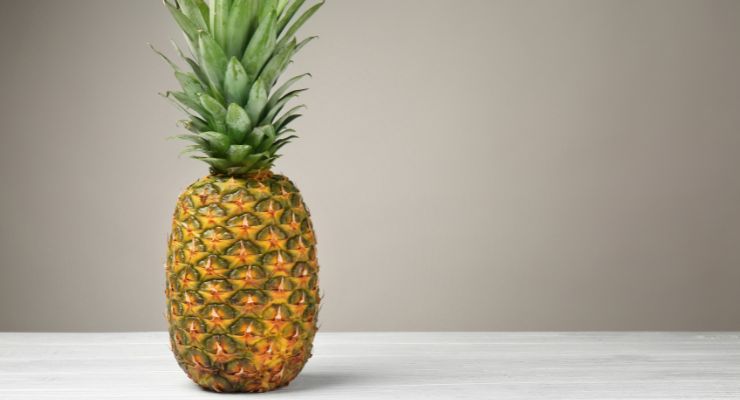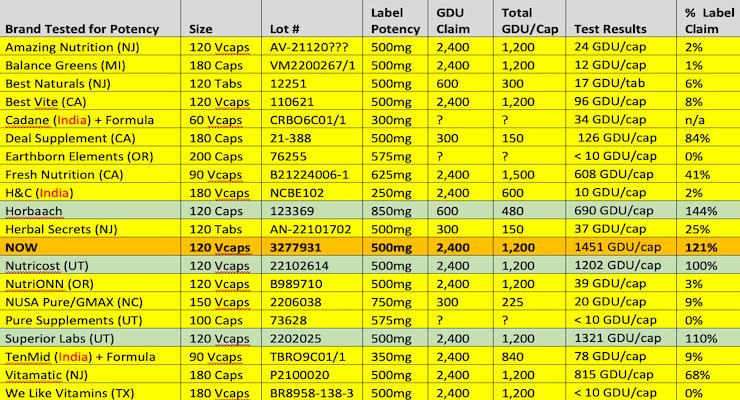Market Updates
NOW Tests Bromelain Supplements Purchased on Amazon
Quality issues were abound in products sold by unfamiliar companies, including those that were 'sponsored' on the platform.

By: Mike Montemarano

Dietary supplement company NOW recently published the results of tests it conducted on Bromelain products that were available to purchase on Amazon, and the company reports that the testing “revealed some of the most abysmal results since the program began six years ago.”
The company has found a number of quality issues over the years in Amazon products, such as magnesium, CoQ10 and SAMe, CoQ10 and Quercetin, and many more.
“We chose Bromelain because raw material costs increased in recent years and we guessed that some suppliers or brands may knowingly, or unknowingly, be selling low potency products,” said Dan Richard, NOW’s vice president of global sales and marketing. Richard led the Amazon testing program since its beginning in 2017. “Bromelain is a fairly expensive enzyme and testing is more difficult than other basic vitamins and minerals. We assumed that most lower-priced, lesser-known brands do not test for Bromelain potency at all, and the results below seem to confirm this educated guess.”
Bromelain is a proteolytic enzyme found in pineapples that can support digestion and joint health. Its activity is measured in gelatin digesting units (GDU) and measures the ability of the enzyme to break down a gelatin solution. The GDU activity in the samples purchased on Amazon was determined using the United States Pharmacopoeia (USP) method.
NOW outsourced its Bromelain testing for GDU potency to Venture Labs, though it is capable of testing with the USP method in-house. The company purchased 19 samples of Bromelain supplements on Amazon, and compared label claims and potencies to its own Bromelain product. According to the results:
- 15 out of 20 samples tested (80%) failed to meet label claims for potency. Only six out of 20 samples contained over 50% of labeled potency.
- 12 of 20 brands contained less than 10% of what was claimed on the label, which NOW reports is the most egregious testing result it has seen.
- Three samples had ambiguous labellng that only claimed weight and no activity. Generally, Bromelain powder has an activity of 2,400 GDU per gram, but these brands made no potency claims. Two products’ potencies were below detection limit, and were reported as less than 10 GDU per gram. The brand Cadane only contained 34 GDU of Bromelain per capsule, an extremely low potency.
- Three brands were labeled as products made in India, and these brands tested to only contain 10, 34, and 78 GDU potencies respectively. Two were under 10% of label claim, and the third party didn’t make a potency claim.
- Only three brands exceeded 100% potency, and NOW tested at 121%.

Two of the top four sponsored brands, which had paid positionings on Amazon, included brands which were in violation in NOW’s testing. The company didn’t test known “natural” or healthcare practitioner brands which abided by Good Manufacturing Practices (GMPs), and the company expected that these known brands would have full potencies.
“NOW has been testing products sold by lesser-known brands for six years and consistently finds most suspect products failing potency testing,” Richards said. “We have been testing products exclusively found on Amazon, but will begin adding unknown brands found on Walmart.com in the future. We are finding that low-potency products often spend the most dollars marketing on both Amazon and Walmart.com.”


